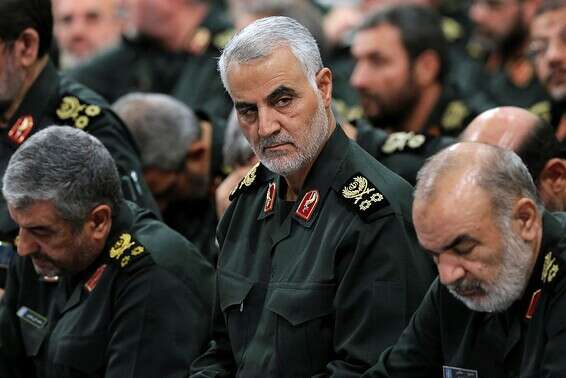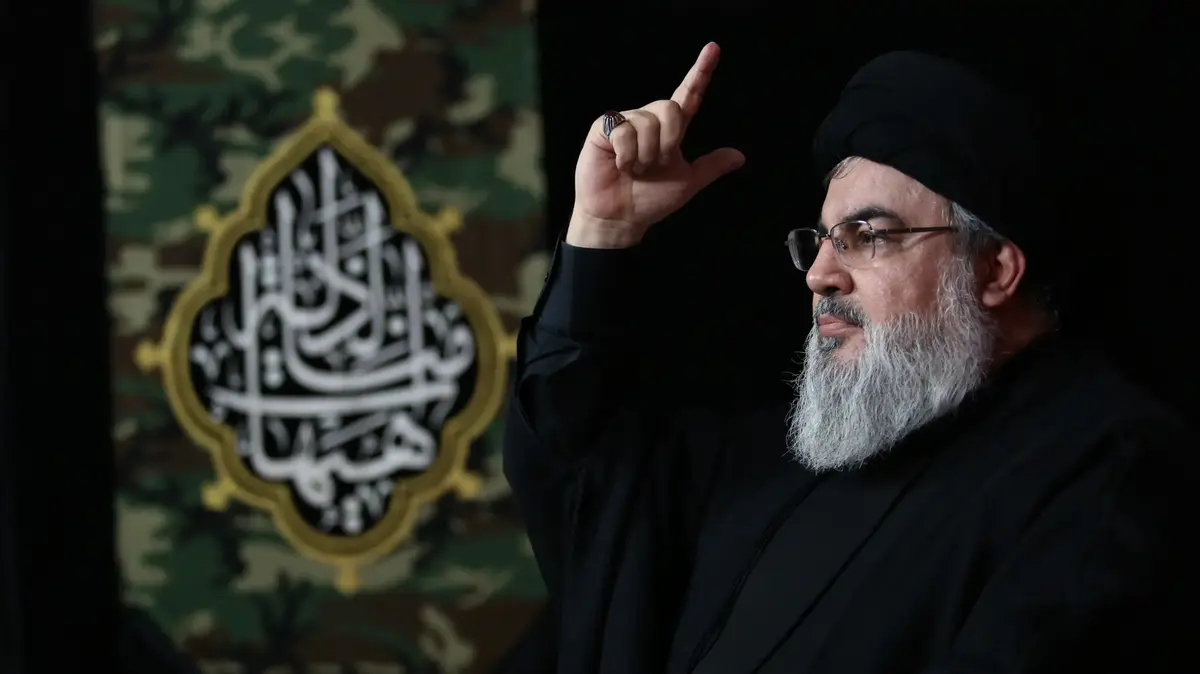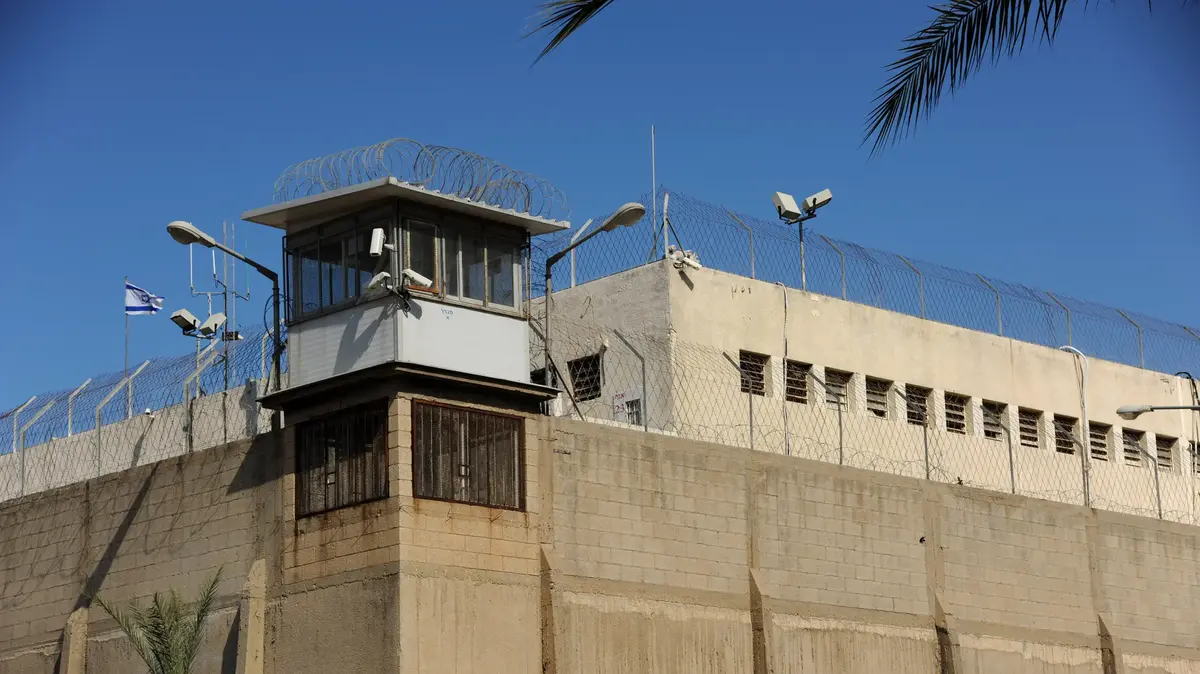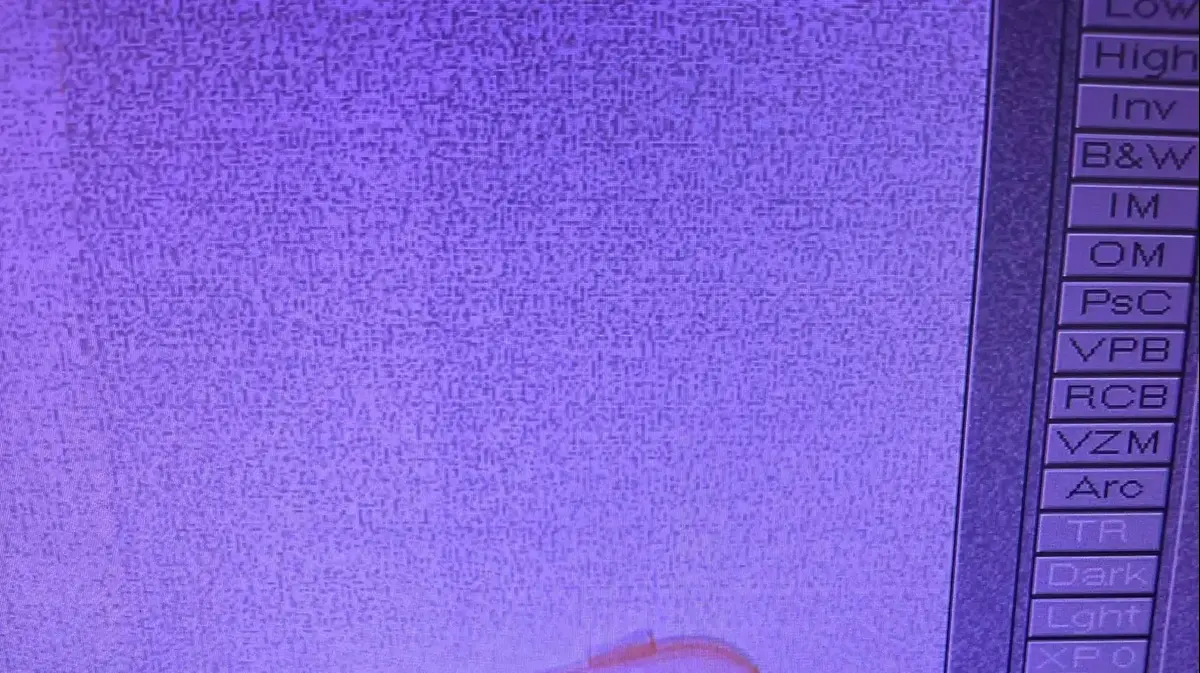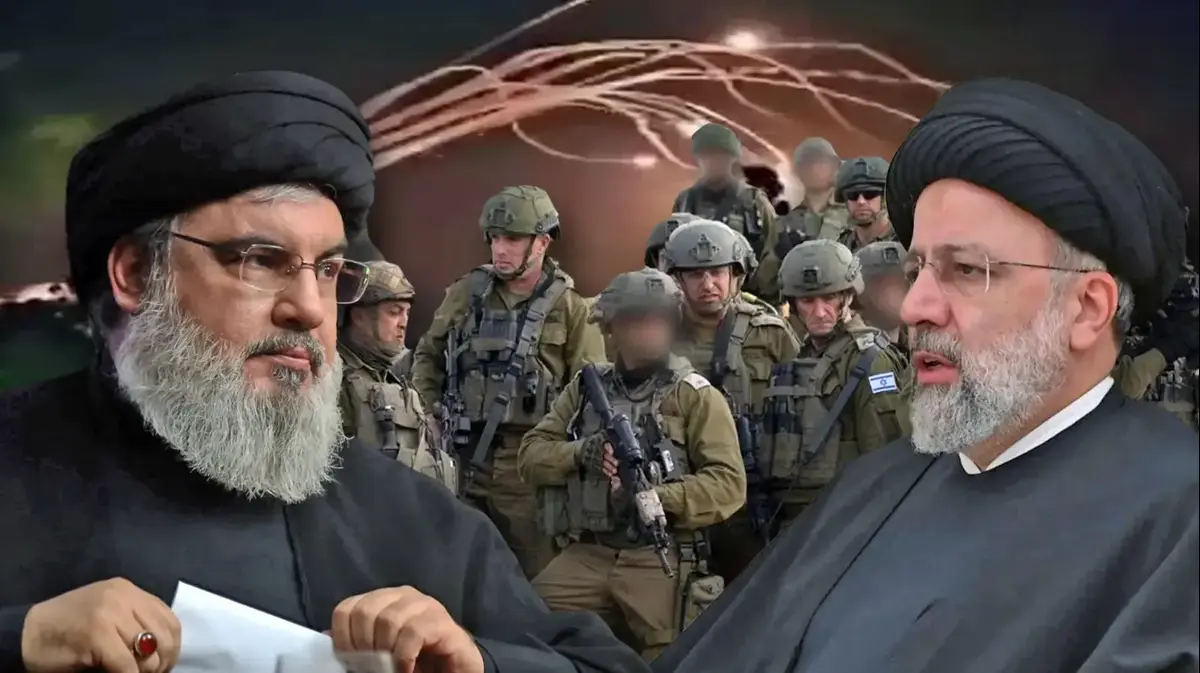A string of serious incidents, most of them criminal, that occurred recently on the border with Lebanon, may signal the dilution of Hezbollah, UNIFIL and the Lebanese army. • The IDF tightens activity and also oversees Iran's affiliates in the region, who face a leadership vacuum following the Sulimani assassination
Multiple incidents on the Lebanese border: Against the backdrop of the major economic crisis in Lebanon, the IDF has recently detected a disturbing increase in attempts to smuggle and penetrate Lebanon into Israel, indicating the lack of control of Hezbollah, UNIFIL and the Lebanese army along the border. These include attempts to smuggle weapons, drugs and even humans.
Photo: Rambam Hospital spokeswomen
Although these are mostly criminal incidents, the IDF treats any such event as a hostile terrorist incident, until proven otherwise, and each time many forces and aircraft of the air force pop up for the penetration. In most cases the IDF manages to thwart these smuggling, and at least in one of the incidents The criminals were taken by the army and transferred to the police, but were released by her shortly.
The latest incident along the border happened just yesterday when two Sudanese migrant workers who were fired at noon from their work in a restaurant in Beirut attempted to cross the border into Israel in the evening. The two were captured and returned to Lebanon.
In Israel, not all the incidents along the border are necessarily linked, but the chain of events caused the Northern Command to increase its alertness and alertness, and among other things to place ambushes along the border.
The same happened last week, when a Syrian civilian invaded Israel in the Mount Dov area. New details about the incident indicate that the civilian was identified along with another Lebanese by an ambush of Golan force stationed there after penetrating 100 meters into Israeli territory. The two were unarmed, but in retrospect, it turned out that they used walkie talkies. The commander of the Golani platoon fired a warning at the civilian, and the force began to chase him. During the chase, when the MMA contact suspected that the suspect intended to pull out a firearm, he fired at him and struck him.
Israel does not rule out the possibility that Hezbollah will try to use criminal smuggling for its own purposes, and believes that the economic crisis could increase the involvement of the terrorist organization in criminal activity along the Israeli border.
The many fence events are also added to the severe case last month, in which Hezbollah activists cut the perimeter fence on the northern border in three different places. It was a reciprocal attack on the warning - which was attributed to foreign media in Israel - a week earlier at vehicles carrying weapons from Syria to Lebanon.
More on:
• Within 4 days: 3 intrusions into Israeli territory
• Crossed the border with Lebanon - the IDF opened fire
• Caught while trying to move from Lebanon
• Lebanon: This is how the border fence was cut
• Iran will take over Lebanon under the auspices of the Corona?
The IDF also says with full mouth that Hezbollah is operating intensively along the border, with weapons and means of observation, while disguising its operations on the ground.
The difficult economic situation in Lebanon also harms Hezbollah, which has difficulty paying salaries to its people, and of course, it also comes to Iran, which is suffering a major economic and health crisis due to its sanctions and the Corona, as well as instability in the leadership level as a result of the liquidation of the Revolutionary Guards leader Kassem at the beginning of the year. His replacement, Ismail Qaani, finds it difficult to get into the shoes of someone with special status in Iran's supreme leader, prompting the sending of Iranian octopus arms and the spread of terror in the Middle East.
Despite the widely held view that there is no irreplaceable person, Suleimani's death seems to have created a leadership vacuum on the terrorist axis. This has recently led to the rise of Kereno in Hassan Nasrallah's Shia axis. Nasrallah's people also continue to operate in Syria through two main units: the "Golan Bag", which is an operational unit of the terrorist organization under the command of Abu Hussein Sajd, and the southern headquarters - a headquarters under the command of Haj Hashem, who inaugurates Syrian corps 1. The headquarters' role is to form the basis of a second front against Israel in the Syrian Golan. Nasrallah commands these two bodies personally.
In addition, in Syria, Shiite militias also operate under Iranian Quds force. The same militias continue their Iranian establishment in Syria, and are preparing to take action against Israel under an order. The IDF and the Northern Command have called on them to "eradicate" this activity in Syria, so that no further strong terrorist infrastructure will be established at the Golan Heights.
Innocent shepherds or Hezbollah envoys who gather intelligence?
In the meantime, since the beginning of the year, the IDF has been engaged in increased activity in the enclaves on the Lebanese border - the area between the perimeter fence and the blue barrels to the north, which marks the border between the two countries. Since the beginning of the year, the IDF has already conducted 70 activities in the enclaves and in simple terms it is an average of two activities. Per week in these limited areas.
Security officials explain that the activity intended to show that Israel is exercising its sovereignty over its territory up to the last meter is based on behavioral patterns on the other side of the border. The IDF has noticed that while its soldiers are not demonstrating in the enclaves, the vacuum is filled with alleged herdsmen or farmers who are supposedly cultivating fields, with innocent civilian-looking suspects acting as Hezbollah envoys to gather intelligence from the border with Israel.
Despite the disguise of Lebanese identity coming to the border, the IDF is closely monitoring Hezbollah's high presence on the border. Mostly, Hezbollahs walk around with Muslim pistols in the daytime and with visible guns at night. Dozens of pick-up and intelligence officers regularly rotate on the border. And we check the routines of our forces. The IDF even sees large groups of collection officers.
The seemingly fictitious "Green Without Borders" organization, which a few years ago set up one of dozens of black towers along the border, continues to occupy the area. The activity in the black towers adjacent to the perimeter fence reflects close intelligence cooperation between Hezbollah and the Lebanese army. The IDF estimates that unlike the Second Lebanon War, the Lebanese army did not put itself in friction against Israel, in the next campaign they will involve Hezbollah and there is a high probability that they will take part in the fighting.
UNIFIL forces come to inspect the posts in coordination with Hezbollah and sometimes refuse to answer on the grounds that this is private land. UNIFIL patrols are threatened by Hezbollah forces and often come to friction with Hezbollah. Despite criticism of the international organization that does not do enough to implement the 2006 UN resolution to ban Hezbollah's presence near the border with Israel, the IDF sees UNIFIL as a significant restraining factor. The activity it is conducting in enclaves is done in coordination with UNIFIL, which is a factor Restraints in front of the Lebanese army.
Alongside all of this, the IDF continues to improve security infrastructure along the border, and in the past year it has opened new 22-km dirt roads that allow it to reach the forefront of species exposure to Lebanon, thus reducing the threat of anti-aircraft fire on IDF forces. The concrete wall, which is being built near fence settlements, is also expected to be thickened in the planted-seeded communities in the Western Galilee.
Over the past two weeks, Israel has entered the Corona routine, slowly reclaiming its life. However, the virus effect is still very evident in Israel's northern border. Alongside the exodus of IDF soldiers who have caused a greater amount of forces along the border and the staffing of positions that are usually empty, in the last month the IDF finds itself busy at an average rate of one to two days in preventing drug smuggling. The extent of drug smuggling from the Lebanese border has doubled in the last month and has been done mainly from the Rajar and Metula areas.
The increase in smuggling is due to an increase in drug demand, and according to professionals' estimates - this is due to restrictions that have forced residents to stay in their homes for most of the day. A new study conducted during the Corona's days at the University of Ariel revealed that boredom, social isolation and economic stress have led many drug addicts to report a longing for drug use, and about a quarter feel their drug cleanliness is in danger.

